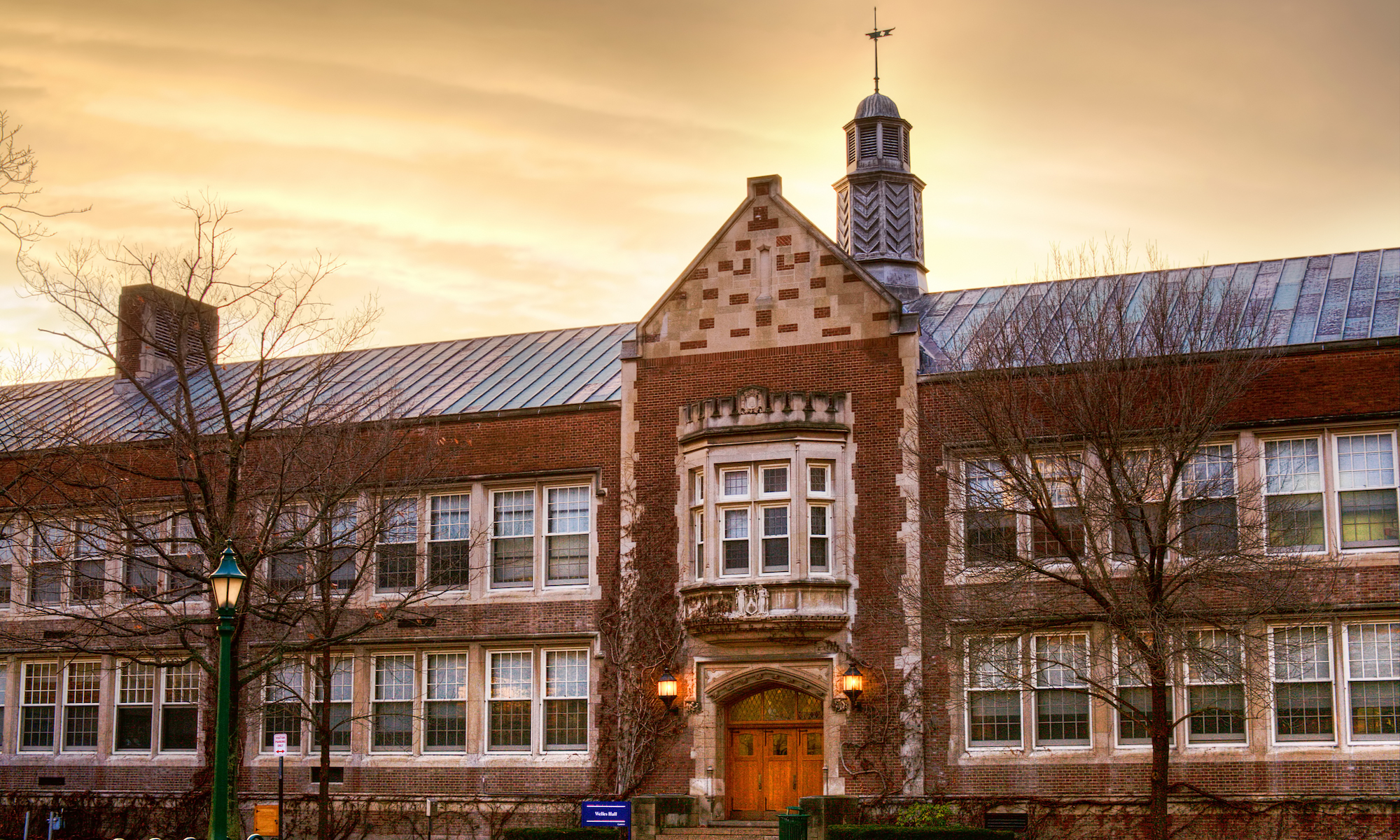
On January 25th Dr. Beth A. McCoy gave a lecture entitled “The Writing on the Wall: Reading FEMA Signs in Post-Katrina New Orleans” as part of Sigma Tau Delta’s 2011-2012 lecture series. In the time since this lecture, Dr. McCoy has been “rewriting and rewriting” her work as she prepares to complete her article for publication. This past Monday I had the joy of sitting down with Dr. McCoy to discuss her writing process.
Dr. McCoy opened with a reassuring admission that our professors aren’t immune to writer’s block, second-guessing, and other writing pitfalls. “At first I found myself doing the very things that I advise my writing students against such as agonizing over the intro rather than moving forward,” she exclaimed. And, when asked how she got through this, she smiled while recounting how she would think of an idea in the shower and then rush to write it down before she forgot. Overall, Dr. McCoy finds her current project to be a humbling reminder that, although ultimately rewarding, writing is first and foremost hard; it can often be a frustrating and lonely process.
Laughing about how it would be awful to give students advice that she does not follow, Dr. McCoy ultimately did what she tells her first-year writing seminar students to do: Work in short intervals, divide up the work into sections, keep at it, and reward yourself for completing a task. For instance, after Dr. McCoy completes 10-30 minutes of solid work she rewards herself with a quick game of Angry Birds or something equally fun and lighthearted. With this method, she finds it possible to complete a major project during the semesters instead of waiting until summer to do all of her writing. English majors who hope to complete their own large-scale work during the hectic semester should find this advice useful. As Dr. McCoy tells her INTD students, it is hard to find a spare two-hour block in your day, but 10-15 minute blocks are almost always there. Use them.
Being involved in largely uncharted interdisciplinary work and cultural studies, Dr. McCoy is often questioned about what her work has to do with literature. She replies: “I am most at home with literature. I learned how to interpret all texts—whether it is a historical text or visual text—by working with literature. I especially learned how to read texts for what is both spoken and unspoken.” Moreover, Dr. McCoy finds that returning to literature as she embarks on relatively non-literary research helps guide and ground her ideas. For instance, she finds that Toni Morrison’s novels provide her with useful language and concepts to express her thoughts.
When I asked Dr. McCoy why she chose to study the uncanny resemblance between FEMA signs and vodoun vévé symbols and what this means in the aftermath of Hurricane Katrina, she responded: “The topic kept haunting me. And haunting is definitely a recurring theme in literature. Every time I taught Hurricane Stories I was reminded of this work that I had to do.” Dr. McCoy then paralleled this personal haunting with the way that American society at large is haunted by unexplored stories. According to Dr. McCoy it is easy and tempting to run away from what haunts the edges of our individual or collective minds. But, as returning to Toni Morrison’s A Mercy helped remind her, it is important to work through these complicated and challenging stories.
Dr. McCoy closed our conversation with a sentiment on what lies behind the magic of writing. While it seems like magic when a work is finally finished—when you can step back from a piece and admire the coherent thoughts that have emerged from the chaos, sometimes even forgetting the work that got you there—it is often agony to reach that point. The most important advice from Dr. McCoy is to just start writing. As Dr. McCoy points out, “you often have to write an essay to write an essay,” and that’s okay. Don’t run away from the work that you feel called to do.








